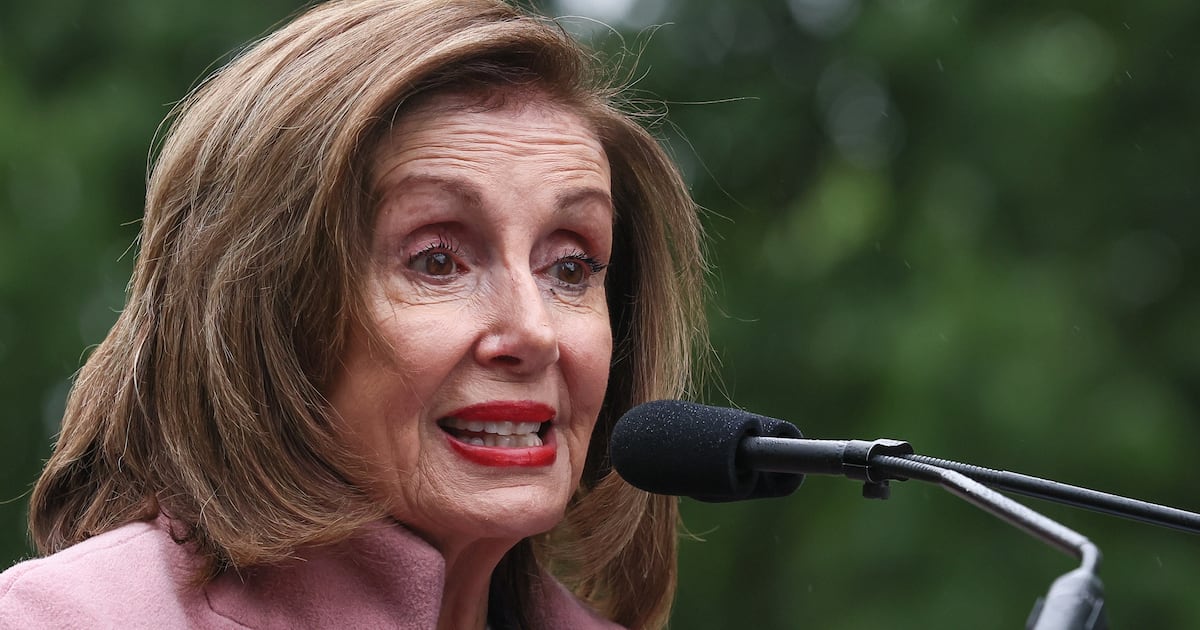
The protracted nature of the current Republican primary will likely lead to a debate over how the nominating process works.
At RedState, Soren Dayton identifies one of the problems with the current system: the caucuses. He points out that caucuses strengthen insurgents like Ron Paul and also helps weaker candidates like Dede Scozzafava:
If you voted in a caucus, did you realize that to have your vote actually matter, you have to stay to become a delegate to a county, district, or state convention? If not, your vote doesn’t count at all. You just wasted your evening. Really.
Just ask the Ron Paul campaign, which explained how they got all the delegates from three counties they lost:
In one precinct in Larimer County, the straw poll vote was 23 for Santorum, 13 for Paul, 5 for Romney, 2 for Gingrich. There were 13 delegate slots, and Ron Paul got ALL 13.
In a precinct in Delta County the vote was 22 for Santorum, 12 for Romney, 8 for Paul, 7 for Gingrich. There were 5 delegate slots, and ALL 5 went to Ron Paul.
In a Pueblo County precinct, the vote was 16 for Santorum, 11 for Romney, 3 for Gingrich and 2 for Paul. There were 2 delegate slots filled, and both were filled by Ron Paul supporters.
In these counties, Ron Paul came in 2nd, 3rd, and 4th (last), but they got ALL of the delegates from these counties. In the county that Paul came in last, both of his voters became the only delegates, in spite of the fact that all the other candidates got 15-times more votes. When there aren’t well organized activists like the Ron Paul campaign, what happens? The actual Republican voters leave, and process is left to party insiders who give us people like Dede Scozzafava.






